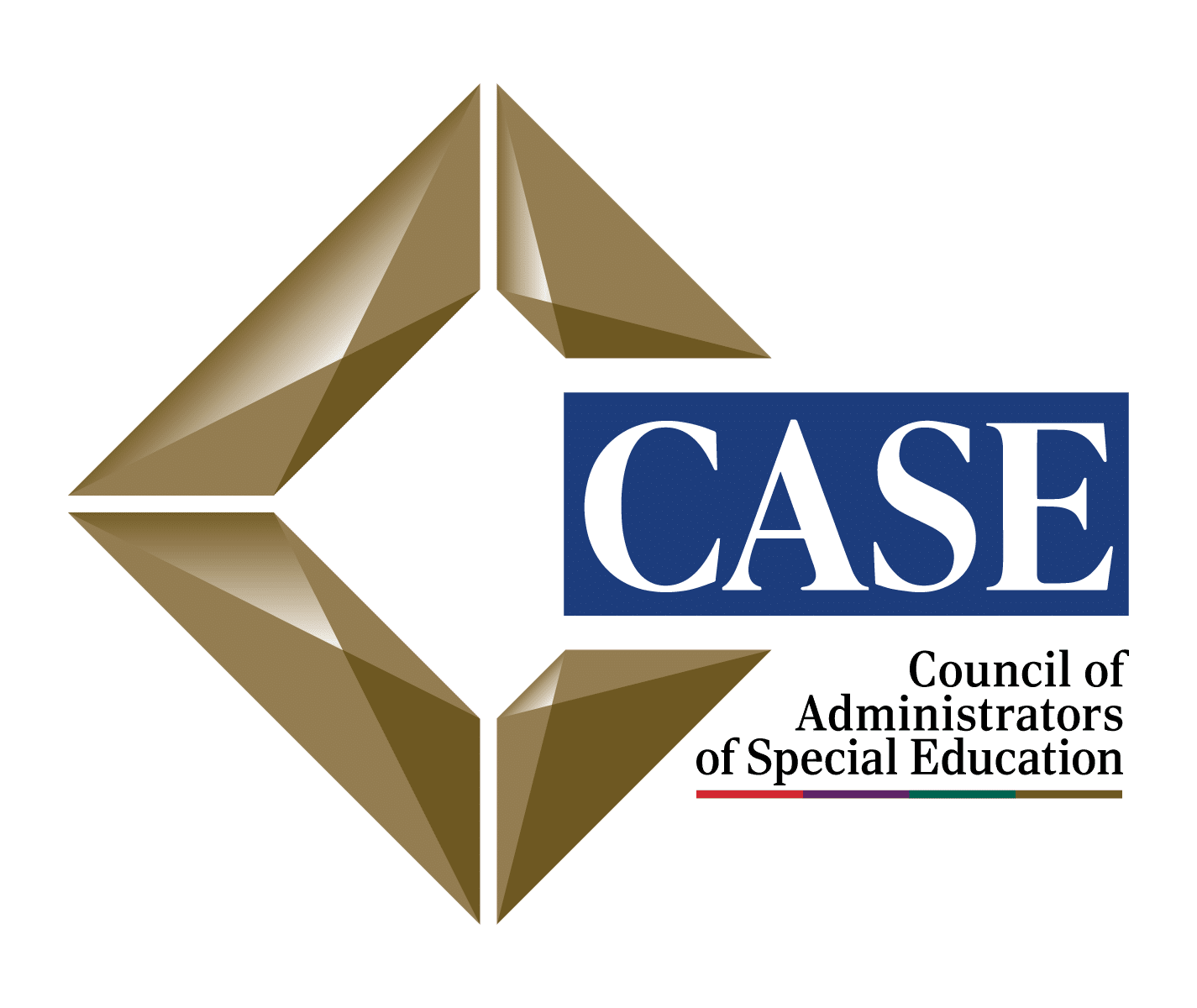The global pandemic has taken a toll on all of us, and our school-aged children are no exception to that. As we head into the next school year and beyond, ensuring that students in need of mental health services receive the help they need will be a top priority among educators. Understanding the importance of mental health, eLuma has established an integrated mental health services model focused on student, family, and school staff support to address MTSS needs and support the increased number of children and adolescents in need of mental health services.
Recently at the Special Education Legislative Summit (SELS) held in Washington, D.C, educators from across the country had the opportunity to gather with policy experts, Capitol Hill veterans, and SELS leaders to advocate for change with Members of Congress, and discuss the key issues impacting special educators, including mental health.
For a deeper dive on the discussions that took place around mental health, check out the SELS issue brief (provided by CASE/CEC):
Background
For infants, toddlers, children, and youth to experience success in school, they need strong instructional programs with caring professionals. Equally important, however, is ensuring access to high-quality social-emotional learning programs and mental health services and supports. To meet this goal, schools must have dedicated, highly qualified school mental health professionals who are considered essential members of the school team prepared to work with all children.
After the educational and early intervention disruptions of the last year, children, youth, staff, and families will need access to mental health services provided by well-trained school and community mental health professionals now more than ever. Recent reports from the Centers for Disease Control indicate that there has been a 24% spike in emergency room visits for mental health issues for children ages 5-11. Professionals in schools and early childhood programs who provide evidence-based mental health services and interventions are adept at creating positive environments that support learning and a sense of belonging.
These interventions are critical to addressing the impact of traumatic experiences on development and must be integrated into a system of care that is comprehensive; cohesive; and delivered in schools, early childhood programs, transition programs, and community health and mental health systems. Investment in recruiting and retaining school mental health professionals as well as identifying and implementing evidence-based mental health interventions across all tiers is essential to achieving successful outcomes for all children and youth.
School Mental Health Services as Schools Reopen
As schools look ahead to the new school year and early intervention services continue, children and staff will need to deal with the trauma of the pandemic and reintegration into daily living. Schools and early intervention programs will need to hire additional mental health providers; collaborate with community mental health services; and train teachers, early interventionists, and administrators to identify children and youth who need short- and long-term services. An additional federal investment of targeted funds is necessary to address mental health concerns, as good mental health is critical to academic achievement.
Recruiting and Retaining High-Quality Professionals
Building a positive school and early childhood program climate requires highly skilled school social workers, psychologists, and counselors. Collectively, these individuals make a difference in the lives of children and youth, resulting in positive developmental, academic, and social outcomes. A positive school and early childhood program climate also requires implementing multi-tiered systems of support, including evidence-based, trauma-informed curriculums and interventions. Federal investment is necessary to ensure sufficient numbers of mental health professionals specifically trained to meet the needs of all children and youth in schools and early intervention settings.
Addressing Mental Health Needs of Children and Families
Positive outcomes for children and youth resulting from caring communities of adults, children, and youth learning together. This outcome also requires implementing multitiered systems of support, including an evidence-based curriculum and interventions within a trauma-informed environment.
Access to mental health services—such as screening, providing direct services, engaging and supporting families, and connecting to community-based interventions—is also vital to the well-being of children and youth. Policies to fund mental health services through private health insurance, Medicaid, and programmatic mental health resources (e.g., evidence-based training, curriculum, and best practices) are needed to create a comprehensive system of supports to ensure children and families are mentally healthy.
School mental health and community providers should be trained in trauma-informed, culturally responsive interventions and to collaborate, as appropriate, to address the mental health needs of children and youth and their families. This collaboration should include attention to the stigma of mental health challenges and ensuring an adequate number of professionals trained to address children’s complex social, emotional, and mental health needs.


